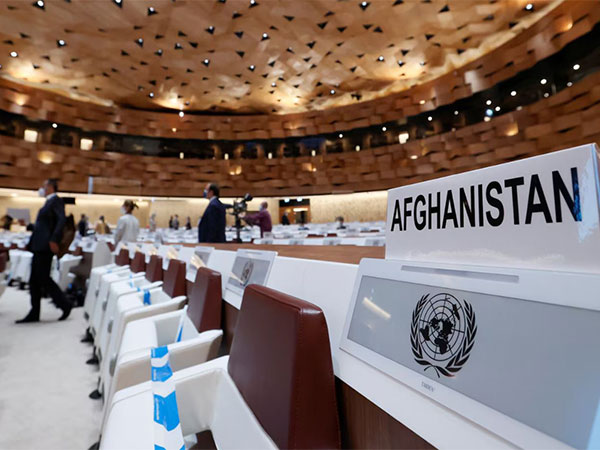United Nations Conference in Dubai Spotlights Afghan Crisis and Aid Strategies
The United Nations hosted a donor conference in Dubai, focusing on Afghanistan's severe humanitarian crisis under Taliban rule. International leaders reaffirmed their commitment to aid, while stressing the necessity of sustainable self-reliance for Afghans. Concerns were raised over potential misuse of aid by the Taliban and restricting women's freedoms.

- Country:
- United Arab Emirates
The United Nations organized a donor's conference for Afghanistan in Dubai, gathering domestic and international organizations alongside political representatives from various countries on October 3. Discussions centered on addressing the severe humanitarian crisis in Afghanistan, which is under Taliban control, with participants emphasizing ongoing humanitarian support.
Delegates at the conference exchanged strategic approaches to aid and underscored that maintaining Afghanistan at the forefront of donor agendas is crucial. Despite the commitment to aid, they highlighted the importance of creating conditions for sustainable employment in Afghanistan, so its people can become self-sufficient, rather than relying heavily on international aid.
Participants also raised concerns over the Taliban's introduction of the 'Promotion of Virtue and Prevention of Vice' law, which imposes significant restrictions, especially targeting women. Reports indicate that women face limitations such as needing a male guardian to leave their homes and being silenced in public forums.
The UNHCR reports that over half of Afghanistan's population, approximately 23.7 million people including women and girls, are in immediate need of assistance. Food insecurity threatens 28% of the population, with nearly 2.4 million enduring severe hunger. Concerns persist among some nations that the Taliban might misappropriate aid for alternative objectives.
Karen Decker, the US Charge d'Affaires for Afghanistan, outlined that the U.S. has provided $2.3 billion in aid since the Taliban takeover. She confirmed upcoming reviews of economic and narcotics initiatives from the "Doha 3" discussions by the U.N., ahead of the next major meeting.
India remains a proactive supporter of Afghanistan, recently reaffirming its commitment to a people-centric approach, providing vital humanitarian aid such as food and medical supplies. India supports an Afghan-led development strategy, advocating for long-term solutions centered on sustainable employment and self-sufficiency for Afghans.
(With inputs from agencies.)
ALSO READ
UK Unveils New Development Initiatives to Drive Sustainable Development in Malawi and Zambia
Russia Edges Closer to Recognizing Taliban Government
Russia Reconsiders Taliban's Terrorist Designation Amid Diplomatic Shifts
Tragic Assassination: Taliban Minister Killed in Kabul Bombing
UN Experts Condemn Taliban’s Ban on Female Medical Education, Warn of Dire Health Consequences










